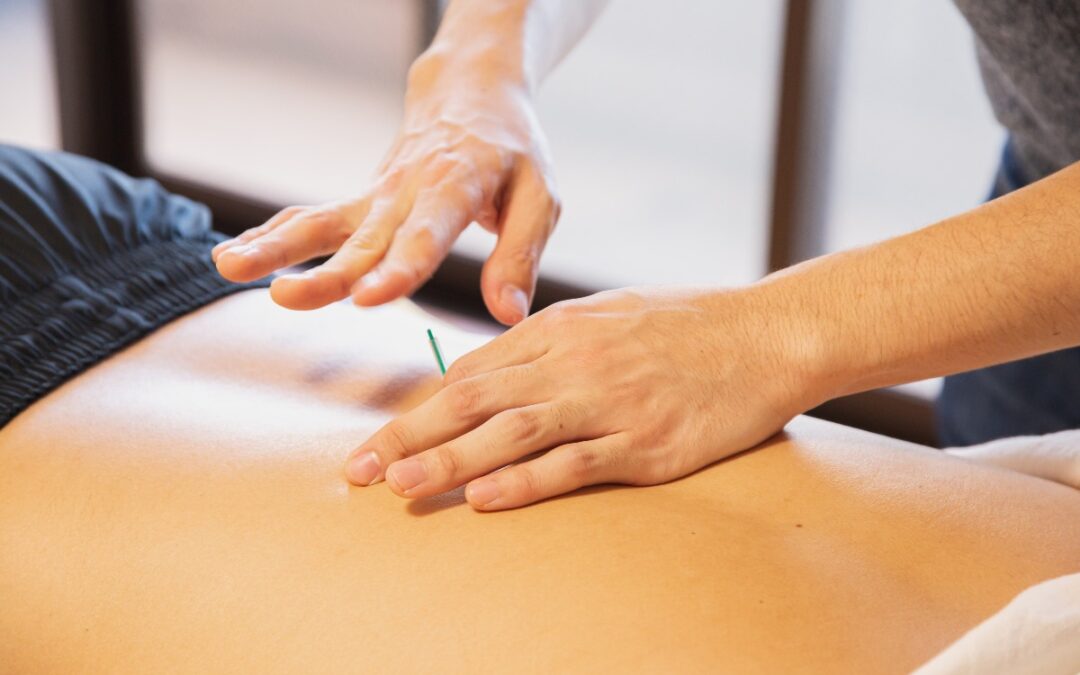Acupuncture is a form of traditional Chinese medicine. It has been used for thousands of years to treat a variety of physical and emotional conditions. Some of its benefits may be especially helpful in addiction recovery.
How Does Acupuncture Work?
Acupuncture involves the insertion of very fine, sterile needles into specific points of the body. These points are known as acupuncture points.
These needles are said to stimulate the body’s natural healing processes. Undergoing the practice of acupuncture can bring many people a sense of improved balance and well-being.
In recent years, acupuncture has been increasingly recognized as a valuable tool in addiction recovery. It has been shown to have a positive impact on the physical and emotional symptoms of addiction.
The Benefits of Acupuncture for Addiction Recovery
Acupuncture may not be the first thing that comes to mind when seeking treatment for substance use disorder (SUD). However, it has been shown to be highly beneficial for many individuals in recovery.
Review these potential benefits to determine if this is a practice you are interested in.
#1. Reduced Cravings
One of the primary ways in which acupuncture can benefit addiction recovery is by reducing cravings and withdrawal symptoms.
Addiction causes changes in the brain’s chemistry, leading to physical dependence on the substance being abused. When an individual tries to quit, they often experience a range of unpleasant withdrawal symptoms. These often include anxiety, insomnia, headaches, and nausea. People who experience severe withdrawal symptoms may be more likely to relapse.
Acupuncture has been shown to help reduce these symptoms. It may do this by restoring balance to the body’s natural energy flow. Acupuncture points located on the ears and hands are commonly targeted to help with cravings and withdrawal symptoms. These points correspond to specific organs and bodily systems. Stimulating them may reduce the severity of withdrawal symptoms and make it easier for an individual to remain abstinent.
#2. Increased Pain Relief
The insertion of acupuncture needles triggers a release of endorphins. These are the body’s natural pain-relieving chemicals. When endorphins are released, stress and anxiety levels are often reduced. This is especially beneficial for addiction recovery because stress and anxiety are major relapse triggers.
Acupuncture can also help to relieve other physical symptoms of addiction. These include withdrawal symptoms, headaches, and muscle pain. Without relief, it can be difficult for an individual to maintain sobriety. By addressing these physical symptoms, acupuncture can ease the transition into recovery and support an individual’s overall well-being.
#3. Reduced Psychological Symptoms
Acupuncture may also reduce anxiety and depression, which are common in individuals struggling with addiction. Having anxiety or depression can make it difficult for an individual to maintain sobriety. Without healthy coping skills, they may feel unable to handle these emotions without the help of drugs or alcohol.
Fortunately, acupuncture has been shown to have a calming effect on the nervous system. This reduces symptoms of anxiety and depression. Relief from these psychological symptoms can help an individual feel more balanced and centered. Experiencing relief from anxiety and depression symptoms can improve people’s well-being.
#4. Improved Sleep
Sleep disturbances are common among individuals struggling with addiction. Lack of high-quality sleep impacts the body’s natural healing processes, making it harder for an individual to recover. That is why attention to sleep hygiene is an essential aspect of many recovery plans.
Acupuncture may help improve sleep patterns. It may help regulate the body’s circadian rhythms and promote deep, restful sleep. This can have a positive impact on the individual’s overall health and well-being, making it easier for them to focus on their recovery.
#5. Increased Well-Being
In addition to its physical benefits, acupuncture can also have a positive impact on an individual’s emotional and mental well-being.
Addiction often leaves individuals feeling lost and disconnected from themselves and others. Acupuncture can promote feelings of inner peace and tranquility. It can help an individual reconnect with their inner self and develop a greater sense of purpose.
Acupuncture and Holistic Recovery
By incorporating acupuncture into their treatment plan, clients at Dream Recovery can benefit from its holistic approach to wellness. In addition, acupuncture is non-invasive and drug-free. It has been shown to have minimal side effects. This makes it an ideal complementary therapy for individuals seeking recovery from addiction.
Acupuncture can offer a range of benefits to individuals struggling with addiction. Of course, it is not a substitute for traditional addiction treatment methods, such as therapy and medication-assisted treatment. However, it can complement these treatments and enhance the overall recovery process.
If you are interested in learning more about the benefits of acupuncture in addiction recovery, or if you are looking for a holistic approach to your recovery journey, reach out to Dream Recovery to see if this practice may be right for you.
If you are struggling with addiction and are looking for a holistic approach to your recovery journey, now is the time to consider the benefits of acupuncture. By reducing cravings and withdrawal symptoms, reducing anxiety and depression, improving sleep patterns, and promoting overall well-being, acupuncture can complement traditional addiction treatment methods and enhance your recovery process. Don’t wait any longer to take control of your life and start your journey to recovery. Experiment with different practices to find what solutions work best for your needs. To learn more about the benefits of acupuncture and how it may help you on your path to sobriety, reach out to Dream Recovery today at (657) 216-7218.


Recent Comments